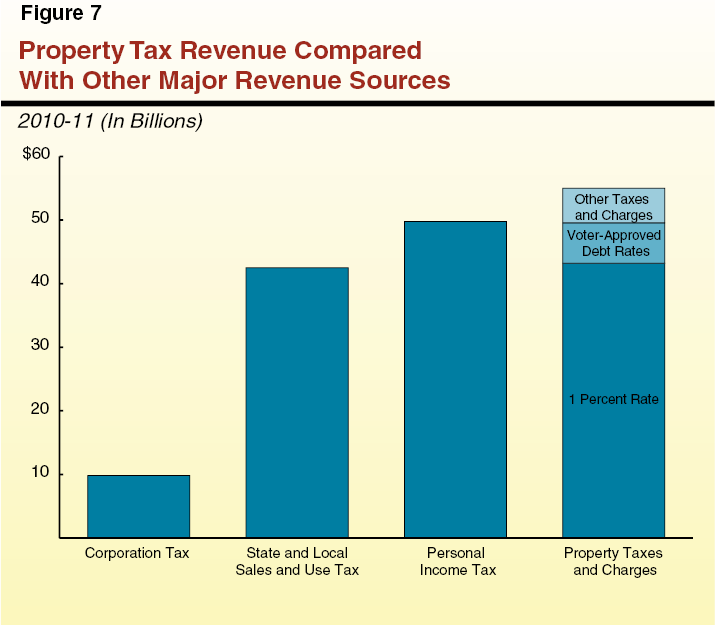Bonds and Taxes – Three Tax Terms You Need to Understand
Post on: 18 Июль, 2015 No Comment

I am a big fan of investing in individual bonds and think every fixed-income investor should spend some time learning about the benefits of an individual-bond allocation. As part of that learning process, it is important to understand some of the tax implications related to individual bonds. In this article, I would like to highlight three such intricacies:
1. Accrued Interest – When you buy a bond between interest payments, you will pay accrued interest to the seller of the bond. You recoup those funds when the next interest payment is made to you. But your 1099-INT will most likely show the entire interest payment you received, without adjusting for the accrued interest you paid when purchasing the bond. Therefore, when preparing your tax return, it is important to remember to make that adjustment. According to IRS Publication 550. investors wishing to account for accrued interest paid on a bond should do the following: On Schedule B, Part I, line 1, below a subtotal of all interest income, enter “Accrued Interest” and the amount of accrued interest you paid to the seller of the bonds you purchased.
2. Bond Premium Amortization – Concerning bondspurchased at a premium to par, the premium paid is part of the cost basis in the bond. If the bond pays tax-exempt interest, you must amortize the premium, reducing your basis in the bond each year you own it. If the bond pays taxable interest, you are allowed to choose whether or not to amortize the premium. Investors choosing to amortize the premium on a taxable bond must attach a statement to their tax return letting the IRS know they are choosing to amortize. Once you make this choice, it is binding to all taxable bonds you own in that year as well as those you acquire in future years. Should you change your mind, you can request approval for a change in your accounting method by submitting Form 3115 .
It is extremely likely that your broker has a default set on your account to amortize bond premiums. If you choose not to amortize bond premiums, you should call your broker and request bond premium amortization to be turned off. This will help prevent discrepancies between your records and the cost basis your broker reports after your position is closed.
Investors choosing to amortize are allowed to subtract the bond premium amortization from their interest income. This is done on Schedule B, Part I, line 1. Below a subtotal of all interest from line 1, enter “ABP Adjustment” and the amount of the amortization.
3. Market Discount – If you purchased a bond at a discount to par, it is important to figure out the market discount according to the tax code. Market discount is treated as being zero if it is less than 0.25% of the stated redemption price of the bond multiplied by the number of full years left to maturity after you acquire the bond. For example, if you purchase a bond with 10 years to maturity at a price of 98, the bond is not considered to have a market discount for tax purposes. Here’s the math: 0.25% X 10 = 2.50%, 100 – 2.50 = 97.50. Since your bond was purchased at a price greater than 97.50, the market discount is considered zero.
Why does market discount matter? When you own a market discount bond, you can choose to accrue the discount over the period you own the bond, or, when selling the bond, treat any gain as ordinary interest income, up to the amount of the accrued market discount. In other words, only part of your gain would be considered a capital gain. The other part of the gain would be treated as interest income.
Even though I am a big fan of investing in individual bonds, I also think investors should familiarize themselves with the tax implications of making such an investment. Accrued interest, bond premium amortization, and market discount are a good place to start.
More from The Financial Lexicon:
Learn how to generate more income from your portfolio.














